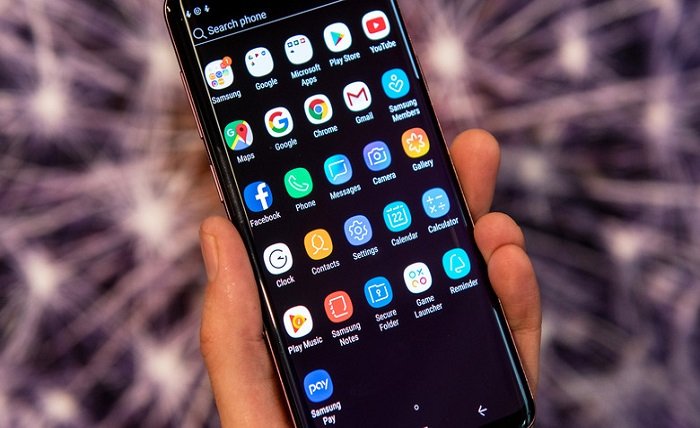The Concept of “Unfite Unflte”: Its Implications and Usage

The term “unfite unflte” might seem unfamiliar to many, but it is essential to understand its meaning and implications in both formal and informal contexts. This term, though not commonly seen in everyday language, has a unique significance that can shape how we view certain situations, behaviors, and even people. In this blog post, we will explore the meaning of “unfite unflte”, its use, and how it is perceived in different contexts.
What Does “Unfite Unflte” Mean?
The phrase “unfite unflte“ is a combination of two seemingly archaic terms—unfite and unflte. Both of these words suggest something that is unsuitable, improper, or incompatible with a particular context. “Unfite” means “not fit,” referring to a lack of suitability, while “unflte” is a less commonly used term that can mean something similarly inappropriate or mismatched. Together, these words paint a picture of something that is completely out of place or unworthy.
The Usage of “Unfite Unflte” in Daily Life
In everyday language, “unfite unflte” might be used to describe a situation, object, or even a person that doesn’t meet the required standards or expectations. For example, imagine you are attending an event, and someone shows up inappropriately dressed. You might say their outfit is “unfite unflte” because it does not match the event’s dress code or context. The phrase captures the essence of disconnection from what is expected or required.
Implications of Using “Unfite Unflte” in Society
When we apply the term “unfite unflte” to social situations, it often highlights issues related to conformity and expectations. Society places certain expectations on behavior, appearance, and performance, and anything that deviates from this norm can be seen as “unfite unflte.” This concept can sometimes have negative implications, such as reinforcing stereotypes or promoting exclusion. However, it can also open up discussions on the flexibility of social norms and the evolving nature of societal expectations.
How “Unfite Unflte” Reflects Cultural Norms
The phrase “unfite unflte” offers an opportunity to reflect on the cultural norms and values that shape how we view different people and actions. In some cultures, what is considered “fite” or appropriate can vary significantly from one society to another. For instance, what may seem “unfite unflte” in one community could be completely acceptable in another. This raises questions about the subjectivity of judgment and how cultures define and shape what is deemed appropriate or inappropriate.
The Psychology Behind “Unfite Unflte”
From a psychological perspective, using the terms “unfite unflte” can sometimes reflect underlying biases or assumptions about what is “correct” or “ideal.” When we label something as “unfite unflte,” we may be unconsciously reinforcing societal standards that may not necessarily be fair or just. Understanding the psychology behind why we categorize something as unfitting or unflte can help us become more mindful of our judgments and open up conversations about inclusivity and acceptance.
The Limitations of “Unfite Unflte” Thinking
Although “unfite unflte” thinking can sometimes help guide decisions in terms of appropriateness or compatibility, it can also limit creativity and diversity. When we overly focus on what is fitting or appropriate, we might miss out on unique perspectives, opportunities for growth, or individual expression. Challenging the idea of what is “fite” and “unfite” can lead to more inclusive environments where diversity and authenticity are celebrated.
Misconceptions About “Unfite Unflte” in Modern Discourse
In contemporary conversations, some may misuse or misunderstand the concept of “unfite unflte“ by applying it too broadly or harshly. Often, people associate the term with exclusion or judgment, when it could merely describe a mismatch rather than a definitive flaw. It’s important to differentiate between appropriate criticism and unfair labeling. Misconceptions about this phrase can create unnecessary divisions and may discourage individuals from embracing new experiences or expressions that don’t conform to rigid norms.
Conclusion
While the term “unfite unflte” may often be used to describe mismatches or things that don’t meet a standard, it’s important to consider its implications beyond surface-level judgments. Our society is increasingly shifting toward embracing diversity, creativity, and individual expression. Rather than focusing solely on what is “fite” or “unfite,” it’s essential to allow for flexibility and open-mindedness in our interactions with people, ideas, and behaviors. Challenging rigid standards helps create a more inclusive and welcoming environment for all.
FAQs
1. What is the origin of the phrase “unfite unflte”?
The phrase “unfite unflte” combines two archaic terms, each meaning something that is unsuitable or improper. While the phrase itself is not widely used in modern language, it draws from historical language conventions.
2. Can “unfite unflte” be used to describe people?
Yes, “unfite unflte” can describe people when their actions, appearance, or behavior do not align with the expected norms or standards of a given situation. However, it’s important to consider the context and avoid unfair judgments.
3. Is “unfite unflte” a negative phrase?
It can be negative, as it implies a mismatch or incompatibility. However, it’s important to use it with care and not to stigmatize people or situations unfairly. It’s all about context.
4. How can I avoid using “unfite unflte” negatively?
To avoid using “unfite unflte” in a negative way, try focusing on constructive criticism or finding ways to understand why something might be different rather than immediately labeling it as inappropriate.
5. Are there any modern equivalents of “unfite unflte”?
Modern equivalents of “unfite unflte” might include phrases like “out of place,” “inappropriate,” or “ill-suited.” These convey a similar idea but are more commonly used in everyday language.





